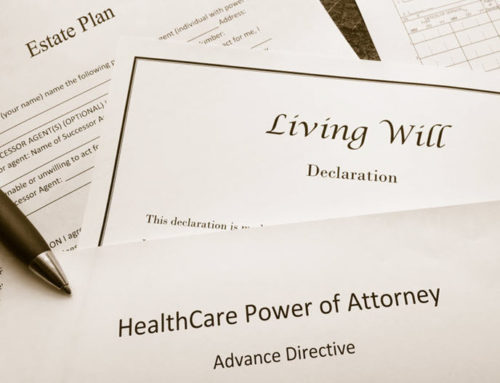Happy New Year! The beginning of a new year is a great time to create a comprehensive estate plan or to review an existing plan to make sure it is up to date. Documents that were created many years ago may need updating when your family and financial situation have changed entirely.
Estate planning is all about the following five essential documents:
- Power of Attorney. A power of attorney is one of the most important estate planning documents because it allows you to appoint someone to make decisions on your behalf. Without a power of attorney, your family would be unable to pay your bills or manage your household without going to court and getting a guardianship, which can be time consuming and expensive.
- Health Care Proxy. A health care proxy, like a power of attorney, allows you to appoint someone else to act as your agent for medical decisions. It will ensure that your medical treatment instructions are carried out.
- Advance Directive or Living Will. Advance directives and living wills explain what type of care you would like if you are unable to direct your own care. An advance directive may contain directions to refuse or remove life support in the event you are in a coma or a vegetative state or it may provide instructions to use all efforts to keep you alive, no matter what the circumstances.
- Last Will and Testament. Your will says who will get your stuff when you die and who will be in charge of paying your bills, filing your tax returns, gathering your stuff and distributing it according to your instructions. But here’s the irony: although the will gets all the recognition and there’s a whole set of laws governing the so-called “probate” process, these days most assets pass outside of probate. What the will says does not apply in many situations, including: joint accounts that pass to the other joint owners, retirement plans and life insurance policies that go to designated beneficiaries, and property in trust that passes to the beneficiaries named in the trust document.
- Trust. The documents listed above may be enough, but you may also want a “living” trust. Under a trust, a “trustee” manages property or investments for the benefit of one or more people, the beneficiaries. A trust can protect assets and eliminate the need for probate by naming successor beneficiaries after the initial beneficiary passes away. Avoiding probate can save heirs time and trouble.
As you can see, most of these documents are about life not death. Yet, they are still about planning for an unwanted event – incapacity of some sort. Please contact our firm if you would like to learn more about creating an estate plan or have an existing plan reviewed.








